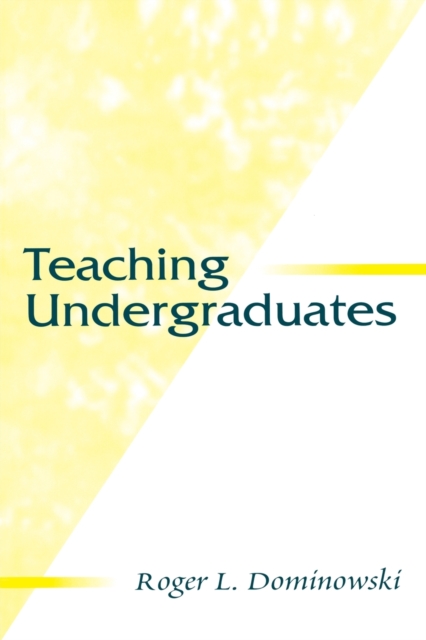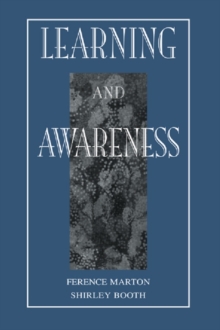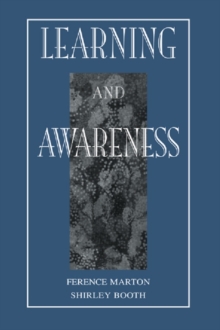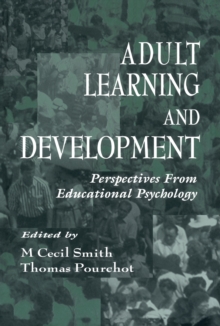
Teaching Undergraduates Paperback / softback
by Roger L. Dominowski
Part of the Educational Psychology Series series
Paperback / softback
Description
This practical guide is designed to help college teachers plan their undergraduate courses and deliver high-quality instruction.
The book's theme is that teaching is a creative, decision-making, idea-testing enterprise whose purpose is to facilitate student learning in all of its facets.
Its goal is to help instructors understand the multiple kinds of learning taking place in their courses so that they can select, devise, evaluate, and modify teaching techniques to improve their effectiveness.
Based on research on human learning, memory, thinking, and problem solving, as well as studies of teaching and less-formal reports of teaching practices, the book offers concrete advice about all aspects of college teaching. *Part I is devoted to course planning. It outlines the many decisions instructors face in defining a course as their own and discusses the larger issues that shape a course and constrain some specific choices.
Selecting course content, choosing learning goals, deciding how to pace a course, and scheduling tests are some of these issues.
A workable timetable for preparing a course is included. *Part II is a mini-course on human learning, memory, and thinking.
It provides the conceptual foundation for making teaching decisions, for selecting instructional strategies, and especially for inventing new techniques that might particularly fit a specific course. *Part III deals with the "nitty-gritty" of college teaching, including how to choose a textbook; lecturing and conducting classroom discussions; types and purposes of writing assignments, and how to structure and evaluate them; dealing with plagiarism; strengths and weaknesses of different types of tests, the relation of tests to learning goals, and guidelines for constructing good tests; and grading systems. *Part IV addresses professional and ethical issues of importance and consequence to instructors. New college instructors, more experienced faculty who would like to reflect on their teaching practices and consider making some changes, and teaching assistants will all find this book relevant and useful.
Information
-
Out of stock
- Format:Paperback / softback
- Pages:192 pages
- Publisher:Taylor & Francis Inc
- Publication Date:01/07/2001
- Category:
- ISBN:9780805829891
Other Formats
- Hardback from £130.00
- EPUB from £29.96
- PDF from £29.96
Information
-
Out of stock
- Format:Paperback / softback
- Pages:192 pages
- Publisher:Taylor & Francis Inc
- Publication Date:01/07/2001
- Category:
- ISBN:9780805829891










